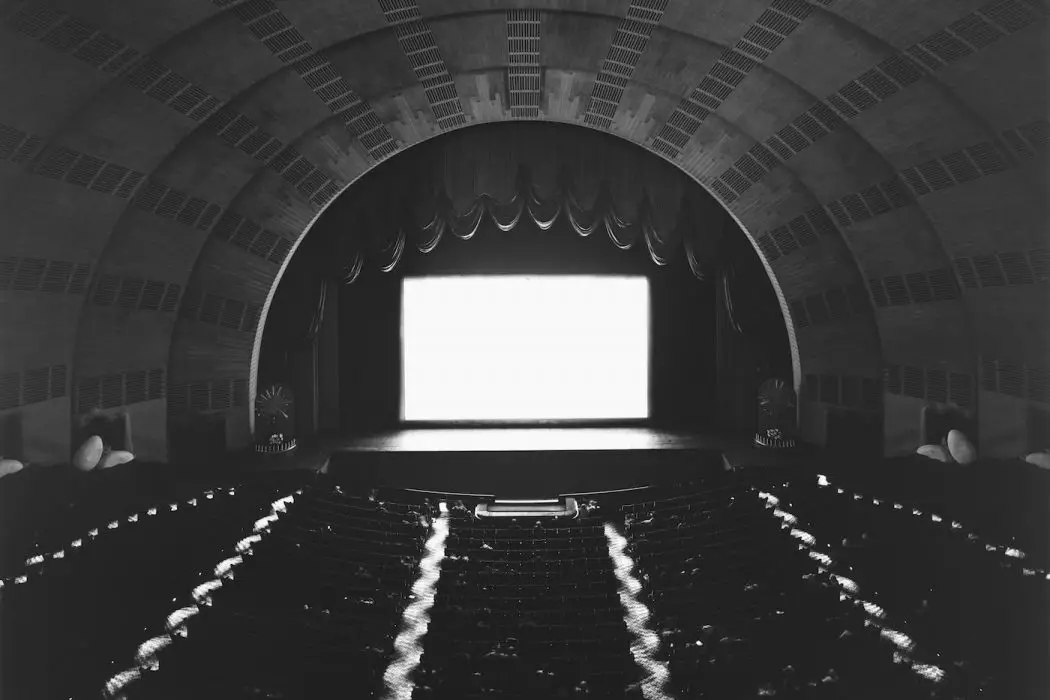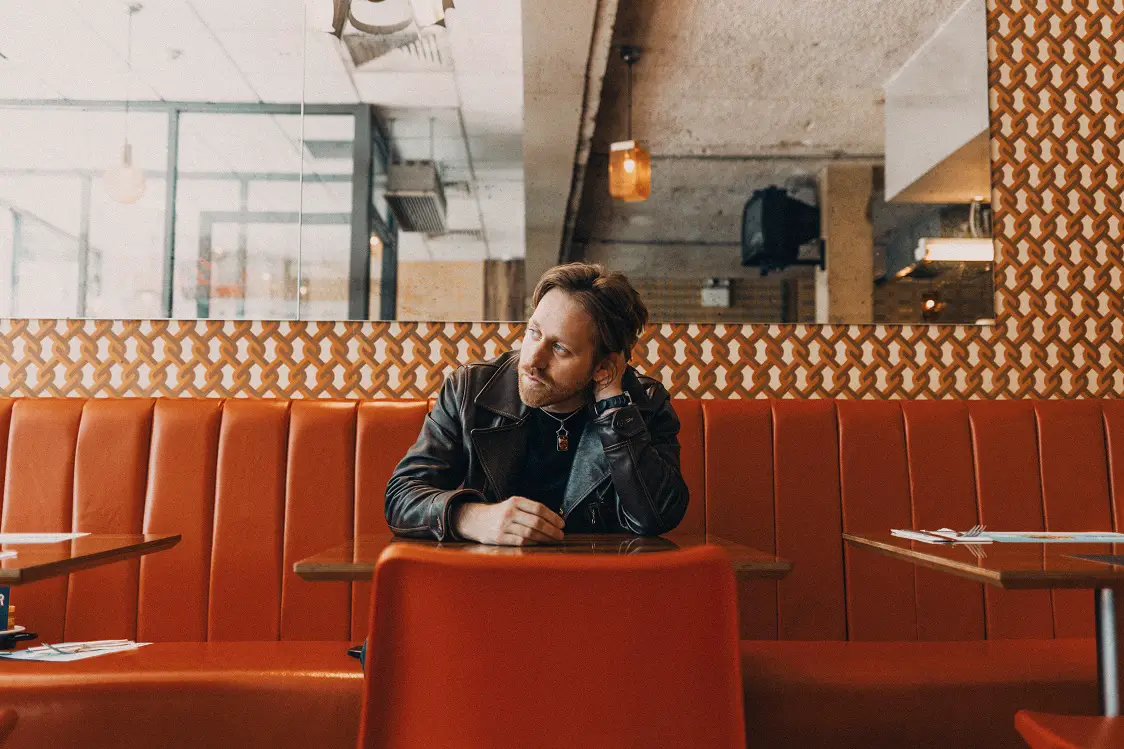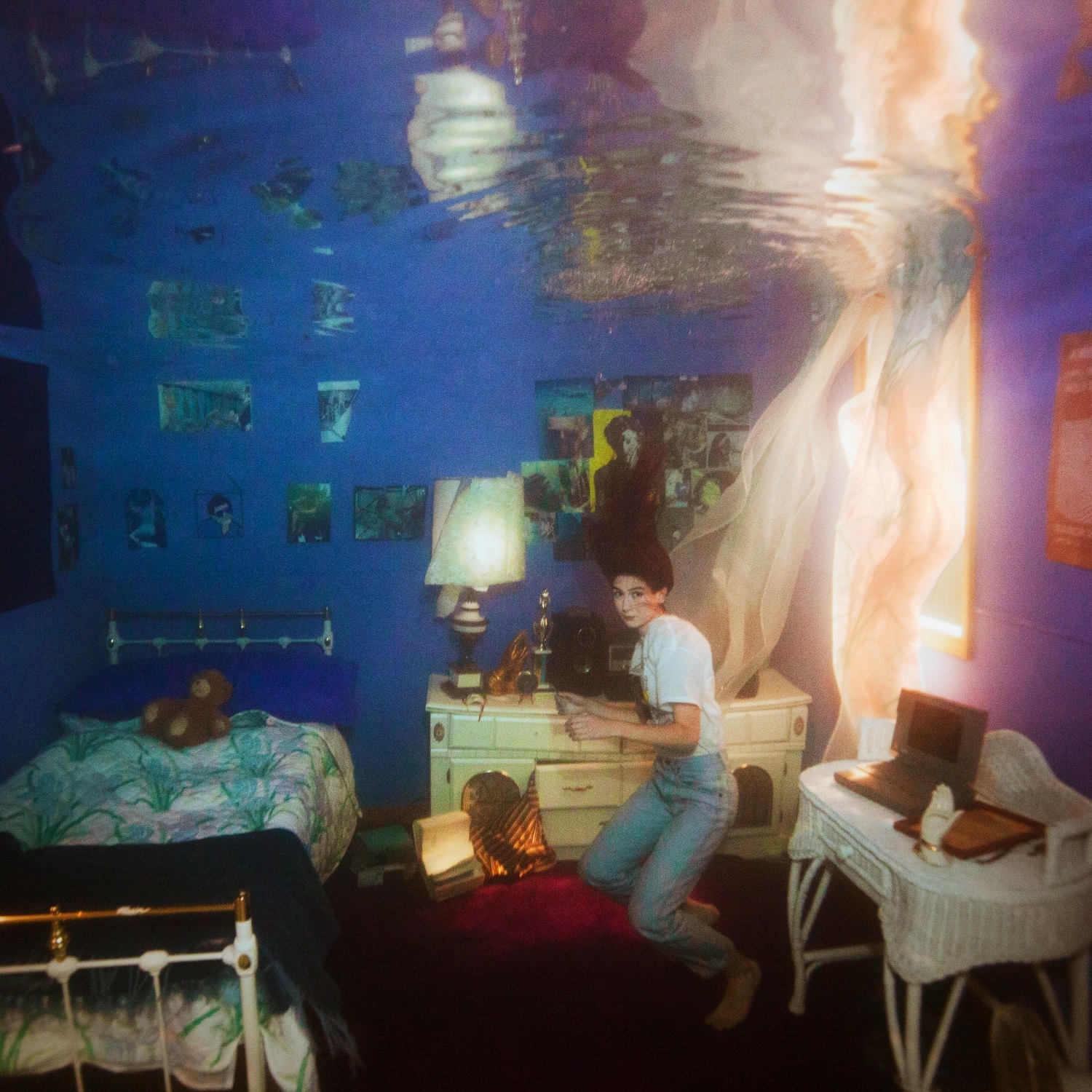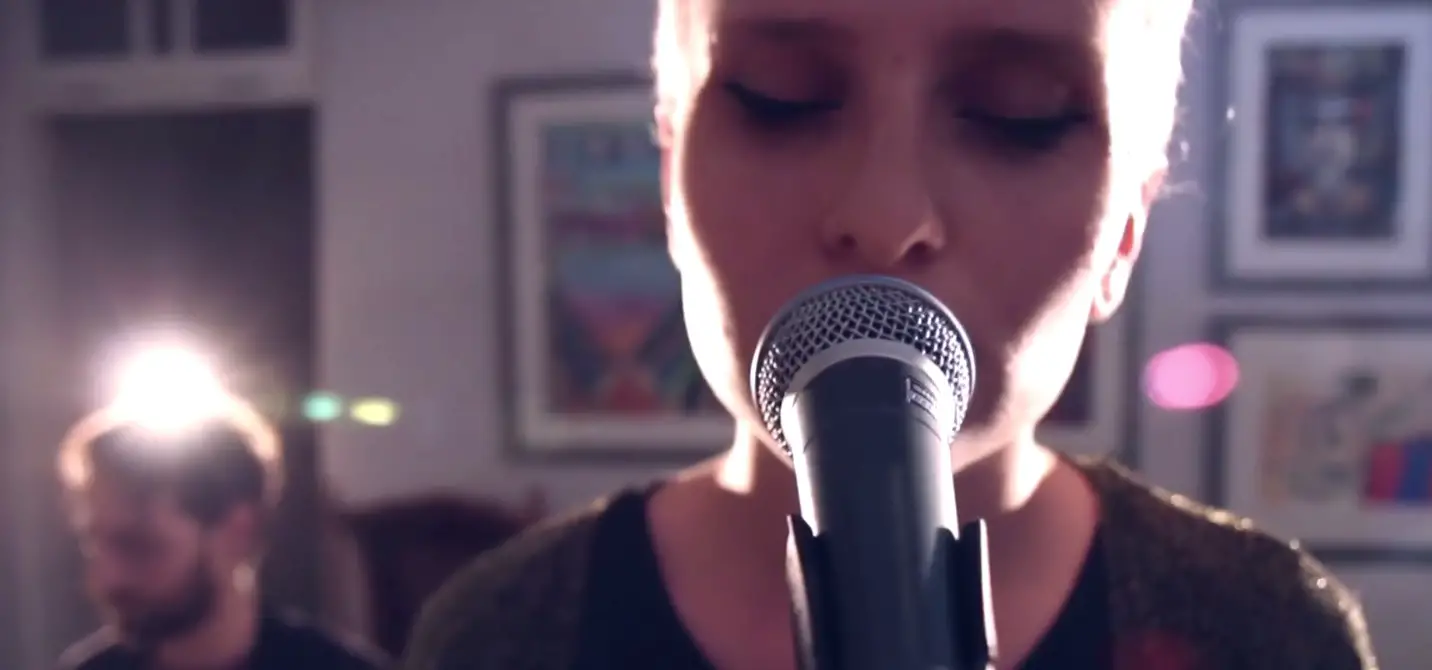In a two-part editorial series, Atwood Magazine explores COVID-19’s impacts on independent music in the US and UK, and how folks are adapting to meet the moment.
by guest writer Emily Algar
— —
I want to tell the stories of each person.
The late journalist Marie Colvin once said, “these are not just numbers. I want to tell the stories of each person.” COVID-19 has had unbearable consequences for hundreds of thousands of people around the world. It has stripped away the curtain of the blatant and not–so–blatant inequalities that countries have been ignoring, and at times, creating. Peoples’ stories have been compressed into figures on bar charts. The person has disappeared into the black and white of percentages, various statistical diagrams, and scientific papers that very few of us will read. Though informative, it keeps those who have died, have been ill, or who are suffering economic and social hardship at a distance. We can shut the door and rest assured, “this stuff happens to other people.”
In the very early days of the lockdown, the arts were the first things to fall in the United Kingdom and United States, which is not unexpected given that both countries are ruled by right-wing governments and right-wing governments are renowned for underfunding the arts and institutions of cultural importance. Theatres had to close followed closely by music venues, popular and classical, and millions of artists, musicians, conductors, technicians, engineers, the vast majority being freelance and totally reliant on touring to bring in their income, were left unemployed with no source of income or adequate financial help from their governments.
Unfortunately, most articles that have centered on the impact of COVID-19 on the music industry have one, focused on the major label music industry and not the independent music industry. I see these as being two distinct industries, even if an independent label relies on its distribution from a major label. Two, these articles have not covered the affect COVID-19 and the lockdowns are having on individuals within the independent music industry, particularly women with children and those artists who may live in rural areas, who may not have access to the resources needed to connect with fans. There have now been thousands of tweets and Instagram posts from artists about how to support them during this period and how to support independent record shops, and though these posts are good, unless they are collated in one article, you do not see the bigger, more nuanced picture of how musicians are struggling – and more importantly, why they are struggling. And thirdly, there has been nothing in the media about what financial assistance is out there for those struggling artists.

Ignorance is not bliss
It is important to talk about the context surrounding the COVID-19 pandemic in the United Kingdom and the United States, both in terms of the inequalities that governments have inflicted upon their citizens but also the importance of music as well as the monetary value we place on music and the artists that make that art.
Before COVID-19 had even emerged in the Chinese population in Wuhan, the United Kingdom and United States had already laid the groundwork for the virus to take hold in the way that it has. The pandemic in both these countries has exponentially caused more economic and social damage along with these countries having the highest number of cases of COVID-19 and deaths compared with other countries in Europe and North America. But the pandemic has also exposed the inequalities that the United Kingdom and the United States have been simultaneously fostering and ignoring for decades.
In the United Kingdom, ten years of austerity, a society of food banks, zero hours contracts, people living hand to mouth, extortionate rent and the deliberate underfunding of the NHS have all contributed to the conditions in which COVID-19 has thrived and in which over 50,000 people are now dead. It is the same in United States with its chronic poverty, lack of universal free healthcare, racial inequality both social and economic, socio-economic disparity, and a President who is a white supremacist and has no respect for the public office he occupies.
It is important to highlight the importance of music especially in the here and now. Perhaps we can also use this moment and pause in history to attempt to re-evaluate our relationship with the arts and ask ourselves whether the impact musicians and artists have on us – remember, these are the voices we dance to, cry to, fall in love to, and live to – is proportionate to the money we pay for their music.
With regard to the independent music industry, all musicians and artists rely on touring and selling merchandise at their shows to support themselves and allow them to keep making music. Streaming has pretty much destroyed any revenue artists get from their recorded music. Unless you are shifting CDs and vinyl in hundreds of thousands of units and receiving a tangible income from streaming, you will not be able to continue working as a musician let alone being able to feed and house yourself and your family if you choose not to tour. Now that these artists main source of income has been cancelled and the fact that streaming revenue cannot be relied upon, the majority of artists are effectively unemployed for the rest of the year.

The importance of Art
Art will always be the gateway for voices both privileged and non-privileged to memorialise and legitimise experiences and identity. Music in particular has become the channel of protest and civil disobedience throughout the 20th century, and though popular political songs died away at the end of the 20th century, beginning of the 21st century, these types of songs are starting to make a re-emergence.
Music can create, and at other times, legitimise a narrative that would have gone unnoticed or been expunged from the historical and political narrative. Think about the protest music of slaves and the ongoing protest music of the civil rights movement. Music talks about politics and memory and experience. It also offers new meaning and interpretation to political events and experiences.
Professor Roland Bleiker from the University of Queensland has argued with respect to the poems of Pablo Neruda that, ‘a poetic rendering of an event or epoch is able to deal more eloquently with the gap that opens up between what is and how this ‘is’ is represented through language. Poetry (for instance) recognises that this inevitable gap is the very location of politics. The poem, then, becomes a critical historical memory because it speaks from multiple perspectives.’
John Street, a lecturer at the University of East Anglia goes further suggesting that music has the ability to re-write history from the perspective of those groups; ‘just as the powerful write history, so the powerless try to re-write it, and popular music, as the most accessible of mass cultural forms, becomes a crucial site in the struggle for authorship and for the memories that give meaning and legitimacy to that struggle’.
This would therefore suggest that protecting the independent music industry and those musicians, artists and others that work within it is vital during a crisis such as COVID-19. During the first few months of lockdown, I spoke to a number of artists and musicians in both the United Kingdom and United States, and as we talked it sadly but not surprisingly became apparent that protecting the arts is not a priority for governments in both countries.
It took until July, and a lot of pressure from the arts sector, for the British government to announce an emergency financial package of £1.57bn which will provide music venues, independent cinemas, museums, galleries, theatres and heritage sites with emergency grants and loans. However, how this will break down is yet to be determined and it will not save a lot of music venues who have already had to make redundancies or have already gone into administration nor will it help individual artists and musicians who are now unemployed but don’t qualify for self-employed financial assistance. There is yet to be any such emergency financial package announced by the American government.
The following article, Let the Music Play, Pt. 2, is a series of interviews conducted remotely with independent artists and musicians from the United Kingdom and the United States who spoke to me about how the COVID-19 pandemic has affected them.
— —
Emily Algar is a journalist and writer who specialises in both long and short form features as well as interviews and reviews. She has written pieces ranging from the commercialisation of feminism and feminism in popular culture, critiques surrounding freedom of speech and the #MeToo movement as well as recently interviewing refugees from Iran. Emily also worked as an A&R intern on the Grammy Nominated Album (Best Folk Album) Front Porch by artist Joy Williams of The Civil Wars.
— — — —
Some organizations for independent musicians:
Royalties
SoundExchange – https://www.soundexchange.com/
BMI – https://www.bmi.com
ASCAP – https://www.ascap.com
SESAC – https://www.sesac.com
US non-profit organizations
The Advocacy Fund for Alabama Musicians – https://www.afamalabama.org
Membership Platform for Musicians and Artists
Patreon – www.patreon.com
UK Government Financial Support
Job Seekers Allowance – https://www.gov.uk/jobseekers-allowance
Universal Credit – https://www.gov.uk/universal-credit
Self-Employment Income Support Scheme – https://www.gov.uk/guidance/claim-a-grant-through-the-coronavirus-covid-19-self-employment-income-support-scheme
US Government Financial Support
CARES Act – https://home.treasury.gov/policy-issues/cares
— — — —
Connect to us on
Facebook, Twitter, Instagram
Discover new music on Atwood Magazine
? © 2020









